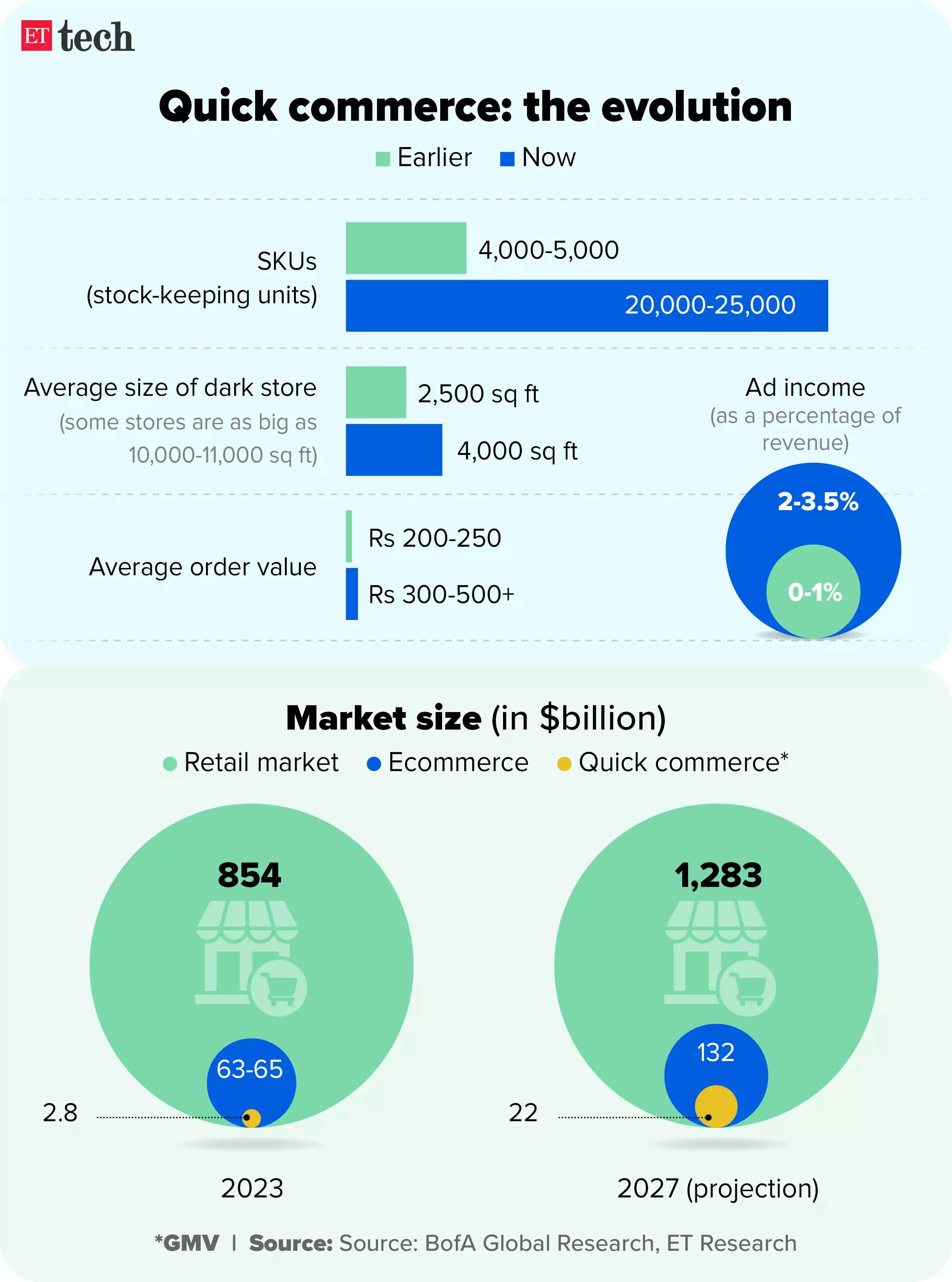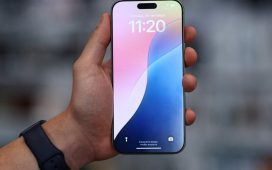Also in this letter:
■ Purplle FY24 earnings
■ Tracking every move
■ Apple’s iPhone 16 bonanza
Govt fast-tracks approval process for startups mapping reverse flip

The Union government has decided to fast-track the approval process for the merger of a startup incorporated outside the country into its wholly-owned Indian arm.
Driving the news: Such a merger or amalgamation will now require the Reserve Bank of India’s approval, which often comes on time, in addition to the government nod, the ministry of corporate affairs said.
The Centre has done away with the need for time-consuming clearance from the National Company Law Tribunal (NCLT).
The requirement for the Indian subsidiaries to seek NCLT approval used to delay the mergers, as the tribunal is burdened with a huge number of cases, experts said.
Homecoming trend: We have been reporting on the ‘reverse flipping’ trend as domestic startups that once used to move abroad for capital access and tax benefits are now returning home.

Pine Labs has secured the Singapore Court’s approval to move its domicile here, while payments firm PhonePe and wealth management firm Groww have moved domicile here from Singapore and the US, respectively.
Razorpay, Kreditbee, Khatabook, Zepto, Udaan, Meesho and Eruditus, among others, are considering similar moves, ET reported earlier.
Read our in-depth coverage on the reverse flip trend:
Quick commerce platforms partner with FMCG brands amid festive rush

Putting up stiff competition to ecommerce and retail stores, quick commerce companies are collaborating with fast-moving consumer goods (FMCG) companies such as Parle, Mondelez and ITC on offers, special packs and promotional banners for this festive season.
Tell me more: Quick delivery platforms are looking to push up inventory levels by as much as 60% this time, from last year’s festive season. The focus will be on categories such as chocolates, packaged Indian sweets, confectionery, dry fruits and cookies, executives said.

FMCG rush:
- Parle will be selling large confectionery and festive packs of cookies through quick commerce
- Mondelez India has partnered with rapid delivery companies, especially for gifting. The company hopes to target “premium shoppers” with Silk and Bournville branded gifting packs, besides Cadbury Celebrations
- ITC has lined up a slew of festive gift packs across categories for launch on different channels, including quick commerce
Context: The Diwali promotions come as quick commerce is now the fastest-growing channel for consumer goods manufacturers, accounting for 30-40% of their online sales.
Battle for talent: An equally fierce war for leadership talent in quick commerce is playing out between new entrants and incumbents alike.

Poaching is rampant and Rs 2-3 crore salaries plus millions in stocks are on offer for top talent as the likes of Swiggy Instamart, Zepto, Blinkit and Flipkart focus on beefing up their leadership teams, industry experts said.
Read our in-depth coverage on the rise of quick commerce in India:
Purplle clocks 43% rise in FY24 revenue to Rs 680 crore, trims loss by 46%

Beauty retailer Purplle posted a 43% rise in operating revenue to Rs 680 crore for the financial year ended March 31, 2024, from Rs 475 crore in FY23.
Key numbers:
- Consolidated net loss narrowed by 46% to Rs 124 crore in FY24
- Total expenses grew to Rs 850 crore in FY24 from Rs 738 crore a year ago
- Employee benefit expenses rose to Rs 191 crore from Rs 170 crore
- The purchase of stock-in-trade increased to Rs 124 crore from Rs 102 crore, while other expenses rose to Rs 501 crore from Rs 453 crore
Recap: We reported on July 1 that the Mumbai-based firm raised Rs 1,000 crore ($120 million) in a funding round led by sovereign fund Abu Dhabi Investment Authority (ADIA), valuing the unicorn at $1.3 billion. Indian family offices joined in as new shareholders, with initial angel investors and existing backers such as Goldman Sachs and Verlinvest partially selling stakes.
The company had also announced its largest employee stock ownership plan (Esop) buyback programme to offer liquidity of Rs 50 crore to its employees.
Every flight you take, every call you make… they’re tracking you

Your recent flight, broadband request, expiring car insurance, sold apartment or mutual fund investment are all prime targets for data collectors. Informants sell these “datasets” for as little as Rs 150-300 to call centres, BPOs, or telemarketers, as revealed by an ET investigation.
Case study: Rishabh Shukla, (name changed) who works at a telemarketing company is given a sheet of 70-100 phone numbers of people who have recently sold, purchased or rented an apartment in one of Noida’s residential complexes.
He calls these numbers day in and day out. Within a month, he identified 13 leads of customers who bought, sold, or rented property through brokers.
Privacy concern: Digital privacy experts highlight rampant data theft disguised as lead generation. Group companies share data to cross-sell credit cards, loans and mutual funds. Hospitality and travel firms exchange guest databases, while delivery, recharge and logistics services function as data-mining hubs.
Legal framework: Legal experts believe the new Digital Personal Data Protection (DPDP) Act will significantly curb the misuse of personal data. Shreya Suri of Induslaw says the Act enforces strict penalties and accountability for data misuse.
However, full compliance with the DPDP Act could take two to three years.
Also Read: Decoding the Digital Personal Data Protection Bill 2023
Bountiful Apple pickings likely with the iPhone 16

Apple’s iPhone 16 series could help the company achieve an 8% market share in India this year, boosting revenue by 18% because of artificial intelligence (AI) features and reduced Pro model prices.
Price reduction: Pro and Pro Max models are now Rs 15,000 cheaper than the iPhone 15 series due to lower duties and local assembly. However, Pro models will still cost Rs 35,000-50,000 more in India compared to the US due to import duties.

Growth forecast: IDC expects Apple to ship 12.5-13 million iPhones in India in 2024, possibly helping Apple reach over 8% volume market share for the first time, from 6% now, with almost three times the market average selling price (ASP), at around $1,000.
Manufacturing expansion: Apple is expanding local manufacturing through Foxconn, Wistron, and Pegatron, with iPhones worth Rs 1.20 lakh crore produced in FY24, including Rs 85,000 crore in exports.
Today’s ETtech Top 5 newsletter was curated by Riya Roy Chowdhury in Bengaluru and Megha Mishra in Mumbai.











